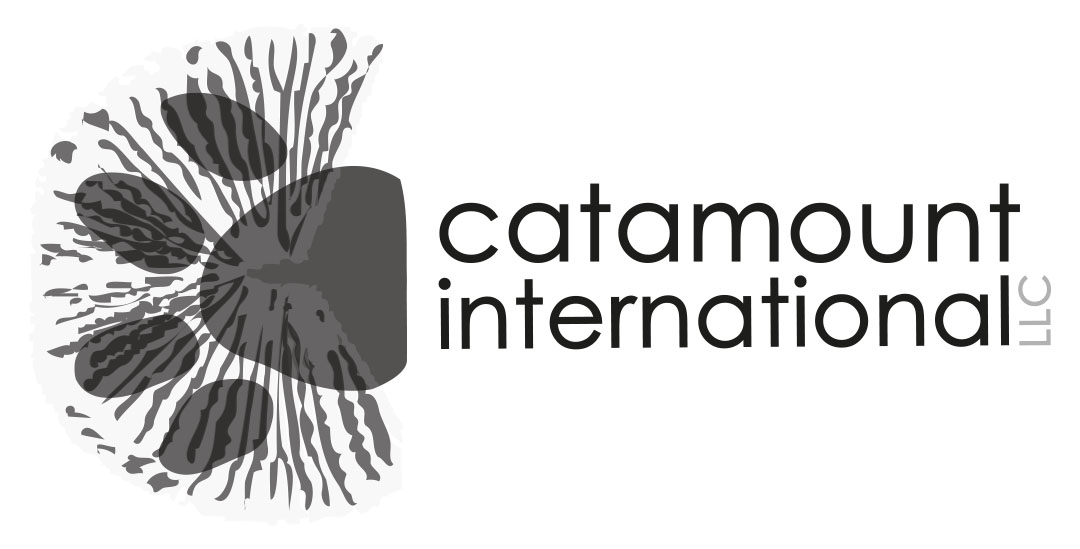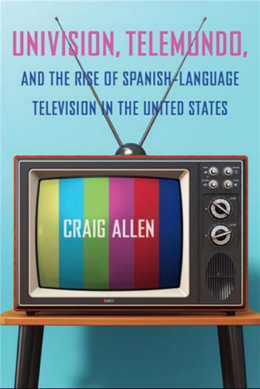Univision, Telemundo
Breve descripción (SPA)
En la historia más completa de la televisión en español en los Estados Unidos hasta la fecha, Craig Allen rastrea el desarrollo de dos potencias prominentes pero poco estudiadas, Univision y Telemundo. Allen cuenta la historia interna de cómo estas redes lucharon contra enormes obstáculos para convertirse en gigantes de la comunicación masiva dentro de una sociedad dominada por el idioma inglés.
Breve descrição (POR)
Na história mais abrangente da televisão em espanhol nos Estados Unidos até hoje, Craig Allen traça o desenvolvimento de duas potências proeminentes, mas pouco estudadas, Univision e Telemundo. Allen conta a história interna de como essas redes lutaram contra enormes probabilidades de se tornarem gigantes da comunicação de massa em uma sociedade dominada pela Inglaterra.
Full description (ENG)
In the most comprehensive history of Spanish-language television in the United States to date, Craig Allen traces the development of two prominent yet little-studied powerhouses, Univision and Telemundo. Allen tells the inside story of how these networks fought enormous odds to rise as giants of mass communication within an English-dominated society.
The book begins in San Antonio, Texas, in 1961 with the launch of the first Spanish-language station in the country. From it rose the Spanish International Network (SIN), which would later become Univision. Conceived by Mexican broadcasting mogul Emilio Azcárraga Vidaurreta and created by unsung American television pioneers, Univision grew to provide a vast amount of international programming, including popular telenovelas, and was the first U.S. network delivered by satellite. After Telemundo was founded in the 1980s by Saul Steinberg and Harry Silverman, the two networks battled over audiences and saw dramatic changes in leadership. Today, Univision and Telemundo are multibillion-dollar television providers that equal ABC, CBS, NBC, and Fox in scale and stature. While Univision remains a beacon of U.S. television’s internationalization, Telemundo—owned by NBC—is a worldwide leader in producing Spanish-language programs.
Using archival sources and original interviews to reconstruct power struggles and behind-the-scenes intrigue, Allen uses this exciting narrative to question monolingual and Anglo-centered versions of U.S. television history. He demonstrates the endurance, innovation, and popularity of Spanish-language television, arguing that its story is essential to understanding the Latinx history of contemporary America.
Arts & Humanities
otras áreas de / interés...
other areas of / interest...
outras áreas de interesse...
¿Buscas un título en un área específica?
Looking for books in a specific area?
¿Procurando livros em uma área específica?














